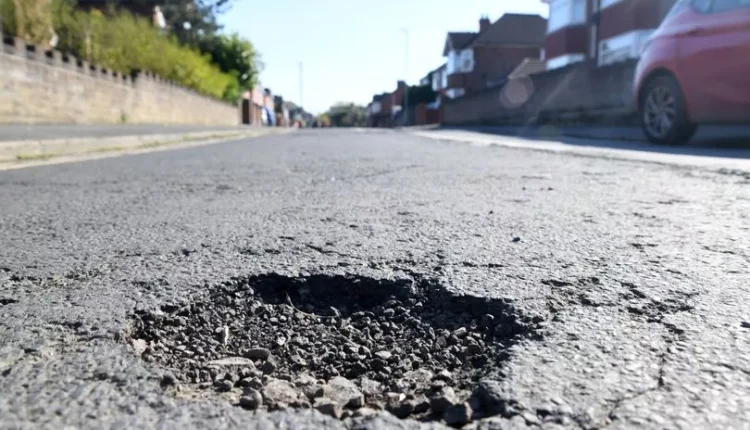Over £5.5 million spent fixing Coventry’s potholes in three years.
The issue is a familiar one up and down the country.
Over a three-year period, more than £5.5 million was spent on pothole repairs in Coventry. According to figures released by Coventry City Council, they spent £1.5 million on the issue in the fiscal year 2021/22, with £2.3 million and £1.7 million spent in 2022/23 and 2023/24, respectively.
The figures, obtained through a Freedom of Information request published earlier this month, demonstrate that the council is spending money to enhance the city’s roadways. However, the RAC claims that the problem persists across the country, affecting both drivers and councils.
According to the breakdown firm, the issue is still the most common reason its teams are called out to help stranded vehicles;
in the 12 months running up to June 30, 2025, RAC patrols handled 24,763 pothole-related failures. Broken suspension springs were the most common sort of pothole damage, out of the three.
According to RAC head of policy Simon Williams, “Although English councils received a record amount of funding for roads at the start of the new financial year in April, it’s too early to see the benefit of increased maintenance programmes.”
“We can plainly see that the cold winter weather at the start of the year left its effect, resulting in a ‘unseasonable high’ in breakdown volumes during a quarter when we’d normally expect a respite.
“With second-quarter RAC call-outs 9% higher than the same period last year, we hope English councils are putting their allocated funding pots to good use during the summer surface dressing season, which runs from April to September.”
We hope drivers will soon witness the results of the preventative maintenance and resurfacing work they have completed. “We urge all highway authorities to prioritise ‘prevention over patching’ when it comes to maintenance work.
After repairing the most serious potholes as permanently as feasible, preventative measures like as surface dressing are far and away the most beneficial since they prevent future potholes from forming.
Councils now have long-term funding certainty, allowing them to plan surfacing dressing operations as well as resurfacing roads that are beyond repair.”
According to the Coventry City Council website, “We investigate all reported potholes. The speed with which the treatment is completed is determined by the level of risk that the pothole poses to road users.
This is tough to judge because every pothole poses some risk. We consider the size and depth of the pothole, traffic type, speed and volume, the road, visibility, and the pothole’s location on the road. It adds:
“Currently, we conduct routine safety inspections and condition assessments of our highway network at various periods based on route classification and traffic / pedestrian numbers.”
We aim to repair potholes more than 40mm deep within five to twenty working days; all other potholes (where work is deemed essential) within 40 working days; and conduct annual inspections on all roads in Coventry, placing orders for any necessary repairs.
Classified highways (major roads) are assessed more frequently.”
Read more on Straightwinfortoday.com


Comments are closed, but trackbacks and pingbacks are open.